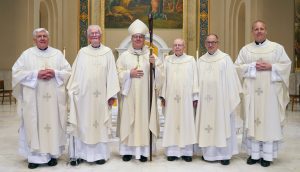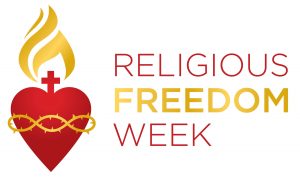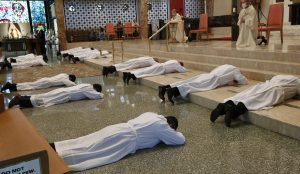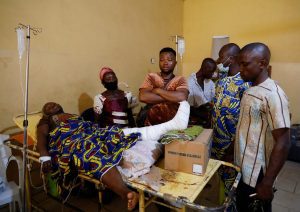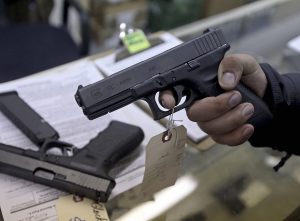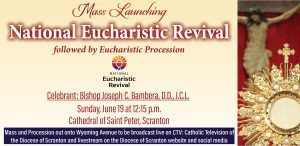
SCRANTON – With the overall goal of awakening a desire among the faithful to encounter Jesus in the Eucharist and to cultivate a personal devotion and relationship with Him, the Diocese of Scranton will join many other dioceses across the country in launching a National Eucharistic Revival this weekend.
The multi-year Eucharistic Revival will begin on Sunday, June 19, the Solemnity of the Most Holy Body and Blood of Christ (Corpus Christi) and will end with a National Eucharistic Congress in Indianapolis on July 17-21, 2024.
The Most Reverend Joseph C. Bambera, Bishop of Scranton, will kick-off our local observance by celebrating the 12:15 p.m. Mass on June 19 at the Cathedral of Saint Peter in Scranton followed by a Eucharistic Procession out onto Wyoming Avenue.
Everyone is invited to participate in both Sunday’s Mass and Eucharistic Procession. For those unable to attend in person, CTV: Catholic Television of the Diocese of Scranton will broadcast the Mass and provide a livestream on the Diocese of Scranton website and social media platforms.
“As we begin this Eucharistic Revival initiative, it is my hope that all of the faithful in the Church of Scranton come to a deeper awareness of the boundless love of God made present in the Sacrament of the Eucharist, so that it may bear fruit in our lives and in the life of the world,” Bishop Bambera said.
At their November 2021 General Assembly, the United States Conference of Catholic Bishops voted overwhelmingly to move forward with plans for the National Eucharistic Revival. The National Eucharistic Congress planned for 2024 will be the first in the United States since 1975.
The effort comes at a critical time, when belief in the Real Presence in the Holy Eucharist is reportedly waning among professed Catholics.
According to a 2019 Pew Research Center study, roughly two-thirds of U.S. Catholics do not believe that the bread and wine at Mass become Christ’s body and blood during the consecration – a core dogma of the Catholic faith and the “source and summit” of the church’s life, according to the catechism.
The USCCB’s Committee on Evangelization and Catechesis, chaired by Bishop Andrew H. Cozzens of Crookston, Minnesota, is spearheading Revival efforts.
“We are really aware in these times that we live that the church needs to become more missionary. The culture itself doesn’t support what we do anymore as Catholics,” Bishop Cozzens said in a statement. “All Catholics are invited into a renewed encounter with Jesus Christ in the Eucharist, especially those Catholics who don’t fully understand the power of the Eucharist.”
As people are seeking deeper connection more than ever before, “this is a time not to be ashamed of the Gospel but to proclaim it from the rooftops,” he added.
The National Eucharistic Revival will have a strategic three-year focus for formation and missionary discipleship beginning at the grassroots level in individual parishes and dioceses along with other Catholic institutions:
Year One (June 2022-June 2023) will be the Year of Diocesan Revival in which U.S. bishops respond to the Lord’s personal invitation and empower their presbyterates and parish leaders to host events with a Eucharistic focus. These events include Eucharistic Congresses and designated days for formation and reflection. Trained pastors comprising the National Eucharistic Preachers initiative have also been commissioned to speak at diocesan events.
Year Two (June 2023-June 2024) is planned as the Year of Parish Revival. Individual pastors will engage their staff and parishioners with community-specific activities and events such as catechetical formation on the Real Presence of Christ, opportunities to better understand and enter more deeply into the Paschal Mystery through the celebration of the Mass, and extended opportunities for Adoration and Reconciliation.
Year Three is the Year of the National Eucharistic Congress and Missionary Sending and commences with a National Eucharistic Congress set to take place July 17-21, 2024 in Indianapolis, IN.
Among other components of the National Eucharistic Revival is the selection of 58 priests as National Eucharistic Preachers. They will soon be fanning out to dioceses across the country.

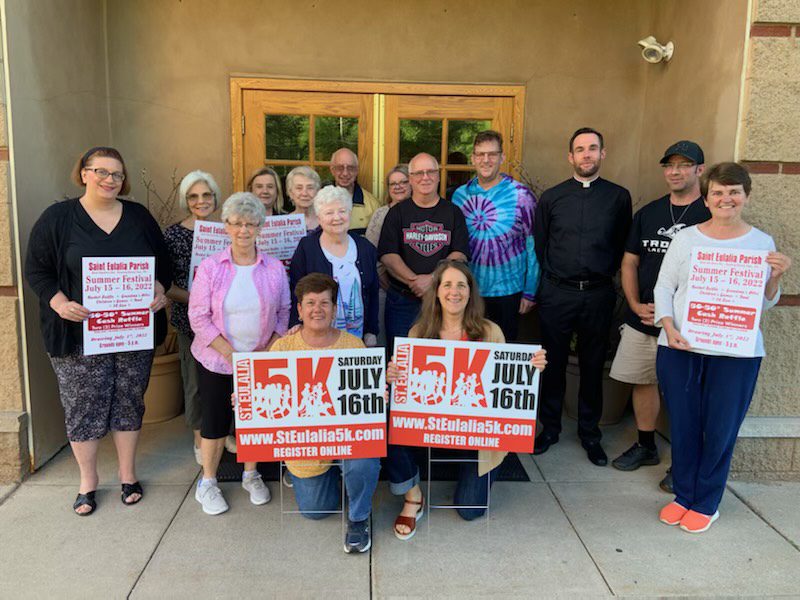
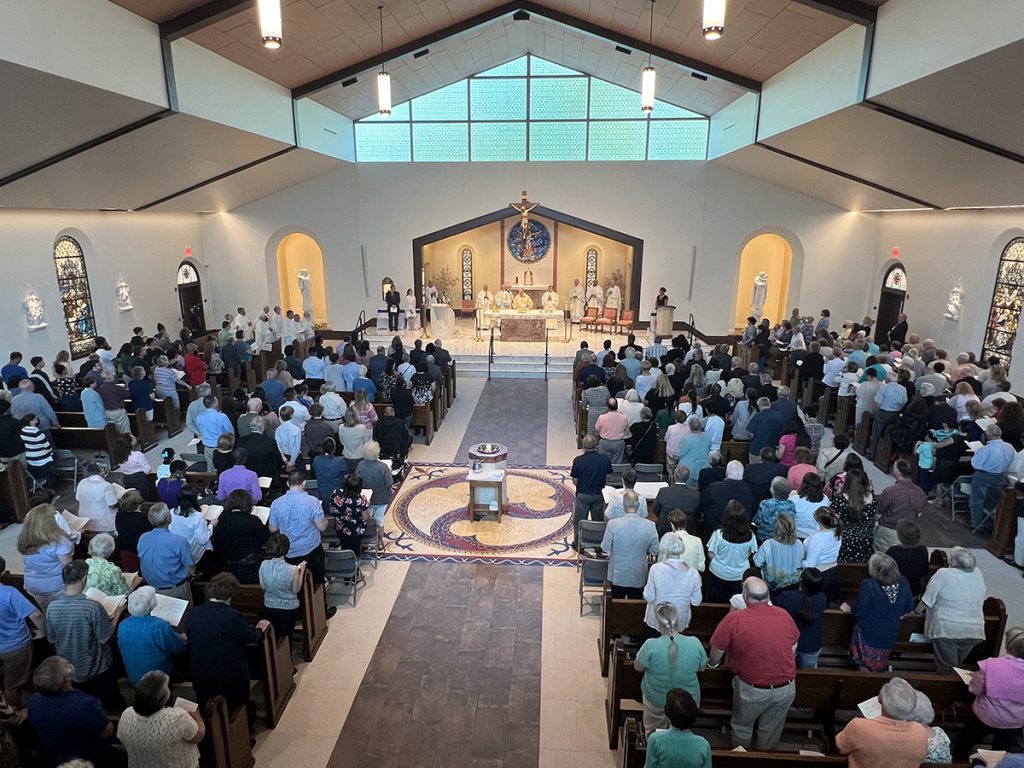
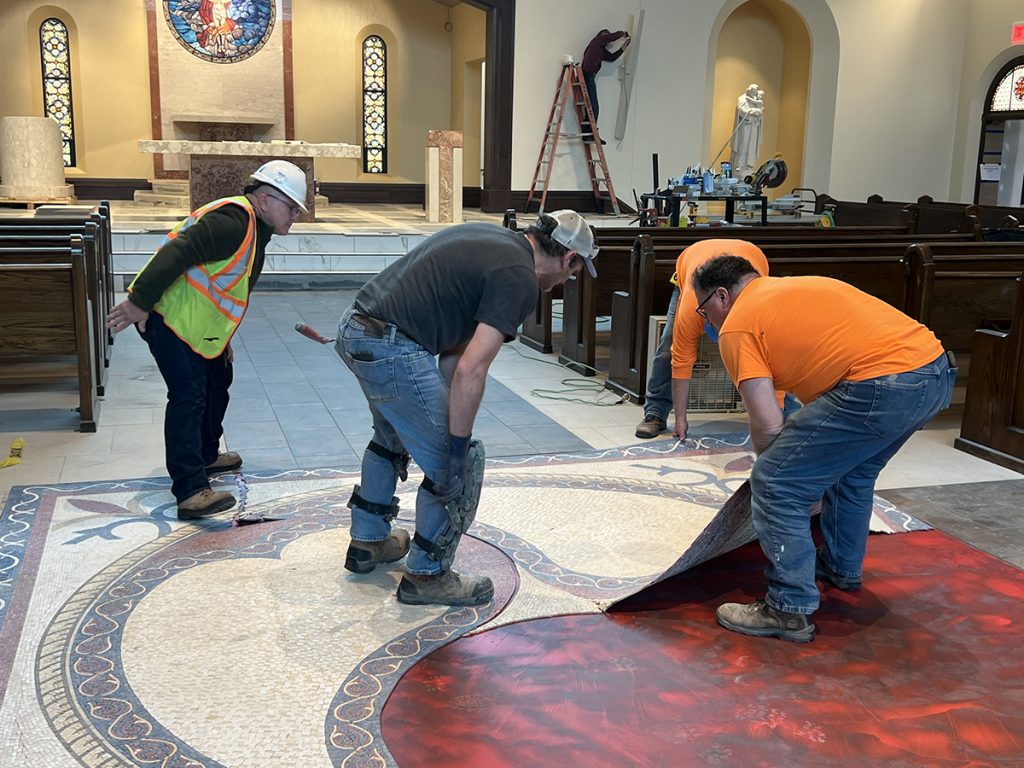 Using the Scriptures, including the First Reading from the Book of Nehemiah, which is required for a church dedication Mass, Bishop Bambera spoke to the reality of the moment.
Using the Scriptures, including the First Reading from the Book of Nehemiah, which is required for a church dedication Mass, Bishop Bambera spoke to the reality of the moment.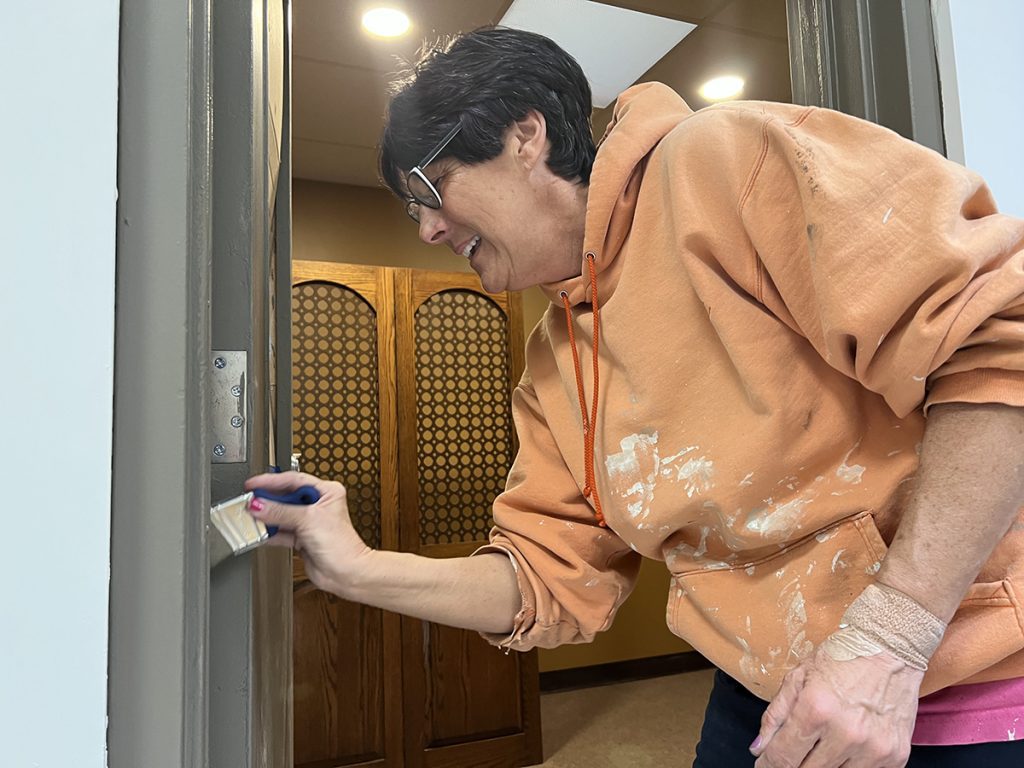 dedication of their new building.
dedication of their new building.

